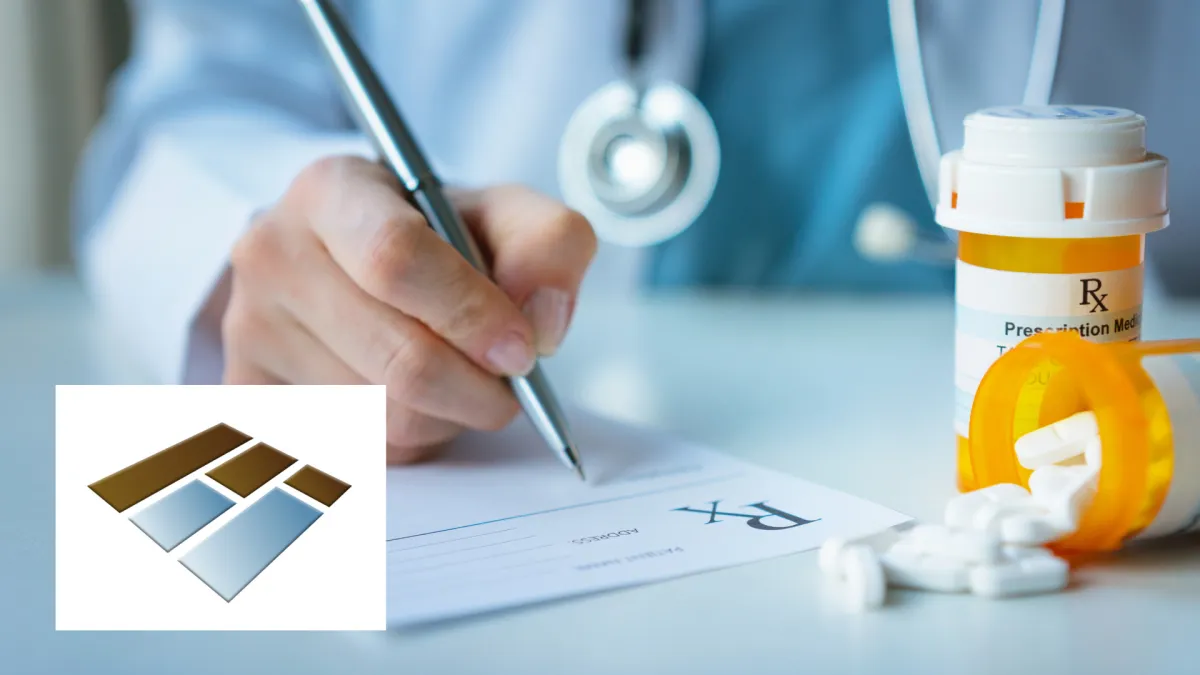
The Hidden Dangers of Prescription Medication in Addiction Recovery Outcomes
The Hidden Dangers of Prescription Medication in Addiction Recovery Outcomes
When most people think about addiction, they picture alcohol, heroin, or cocaine. Prescription medication often slips under the radar, carrying an undeserved halo of safety. After all, if it comes from a doctor, how bad can it be?
In reality, prescription medications can be both lifesaving and life-threatening for people in recovery. They play a crucial role in medical care, but if mismanaged, they can derail recovery, trigger relapse, or even spark new addictions.
For addiction treatment professionals, families, and clients themselves, understanding the risks is essential to building sustainable recovery outcomes.
Why Prescription Drugs Are a Double-Edged Sword
Prescription medication is not inherently dangerous. Used correctly, it can help manage pain, stabilize mental health, and support recovery through evidence-based treatments like medication-assisted treatment (MAT). But in recovery, the line between treatment and threat can be razor thin.
Here’s why:
Cross-addiction risk: An individual who has struggled with alcohol or cocaine may find themselves developing dependence on prescribed benzodiazepines, opioids, or stimulants.
Chemical-seeking behavior: The brain’s reward circuits don’t discriminate between illicit drugs and legal prescriptions — they respond to the chemical effect.
False sense of safety: Because it’s prescribed, patients and families sometimes underestimate the risk of misuse.
Complex mental health needs: Co-occurring disorders often require medication, but poor monitoring or over-prescribing can fuel dependency.
The Most High-Risk Prescription Medications in Recovery
Not all prescriptions carry equal risk. Some classes of medication are particularly problematic in the context of addiction recovery:
1. Opioids
Prescribed for pain management.
High risk of dependence, tolerance, and overdose.
Even short-term use can trigger cravings or relapse.
2. Benzodiazepines (e.g., Xanax, Valium, Ativan)
Prescribed for anxiety, insomnia, or panic disorders.
Can quickly create physical and psychological dependence.
Withdrawal is dangerous, sometimes life-threatening.
3. Stimulants (e.g., Ritalin, Adderall)
Prescribed for ADHD and narcolepsy.
Risk of misuse due to euphoric effects.
Often diverted or taken in higher-than-prescribed doses.
4. Sleeping Medications (Z-drugs)
Prescribed for insomnia.
Less notorious than benzodiazepines but still addictive.
5. Certain Painkillers and Muscle Relaxants
Can create subtle dependency that slips under the radar until it escalates.
How Prescription Misuse Undermines Recovery
Addiction recovery is not just about abstaining from substances; it’s about restoring physical, mental, and emotional stability. Prescription misuse disrupts this process in several ways:
Triggers Relapse
A prescription opioid after surgery or a benzodiazepine for anxiety can trigger cravings, reactivating addictive pathways.Masks Underlying Issues
Instead of addressing trauma, depression, or stress through therapy and healthy coping mechanisms, medication misuse can numb symptoms without healing the root cause.Destabilizes Mental Health
Misuse can intensify anxiety, depression, or psychosis, making recovery even harder.Breaks Trust
When prescription misuse is hidden, it damages trust between clients, families, and treatment professionals — a cornerstone of recovery.
The Role of Healthcare Professionals
Healthcare providers play a pivotal role in either protecting or endangering recovery. Training, awareness, and collaboration with addiction professionals are vital.
Best practices include:
Thorough screening: Assess history of addiction before prescribing.
Risk-benefit evaluation: Weigh non-addictive alternatives first.
Monitoring and follow-up: Frequent check-ins to track compliance and side effects.
Collaboration: Communication between doctors, addiction counselors, and psychiatrists to coordinate safe care.
Safer Alternatives and Strategies
Recovery doesn’t mean avoiding all medication — it means using it wisely and cautiously.
Non-addictive medications: SSRIs for depression/anxiety instead of benzodiazepines; non-opioid pain relievers where possible.
Holistic interventions: Cognitive Behavioral Therapy (CBT), Dialectical Behavior Therapy (DBT), mindfulness, trauma therapy, and lifestyle changes to reduce reliance on medication.
Medication-assisted treatment (MAT): Properly monitored use of buprenorphine, methadone, or naltrexone to stabilize recovery in opioid addiction.
Education: Teaching clients and families the warning signs of misuse.
Empowering Clients in Recovery
Ultimately, clients themselves need to become active participants in their own healthcare. This means:
Asking questions: “Is there a non-addictive alternative?”
Sticking to prescriptions: Never changing the dose without approval.
Accountability systems: Having a trusted person manage or monitor medication if needed.
Honesty with providers: Informing every doctor or dentist about recovery status before they prescribe.
Recovery thrives in transparency. The more clients are empowered to advocate for their safety, the stronger their long-term outcomes.
Conclusion: Handle With Care
Prescription medications are powerful tools. In addiction recovery, they can either be allies or saboteurs. The difference lies in awareness, training, and responsible prescribing.
For treatment facilities and families, the message is clear: never underestimate the risks. Crisis doesn’t always come from a dark alley; sometimes, it’s sitting in a medicine cabinet with a pharmacy label attached.
Protecting recovery means handling prescriptions with the utmost care — because in the fragile balance of healing, one pill can tip the scale toward relapse or resilience.
ACCSA Addiction Education Provider
ACCSA is a provider of addiction education and certification examination. Visit our websites for the latest courses and packages for CEU/CPD and addiction professional certification options:
ACCSA International: www.accsaglobal.com
ACCSA SA: www.accsa.co.za
Or contact us at [email protected], or on WA Business at +27 (72) 521-2200 for more information.
